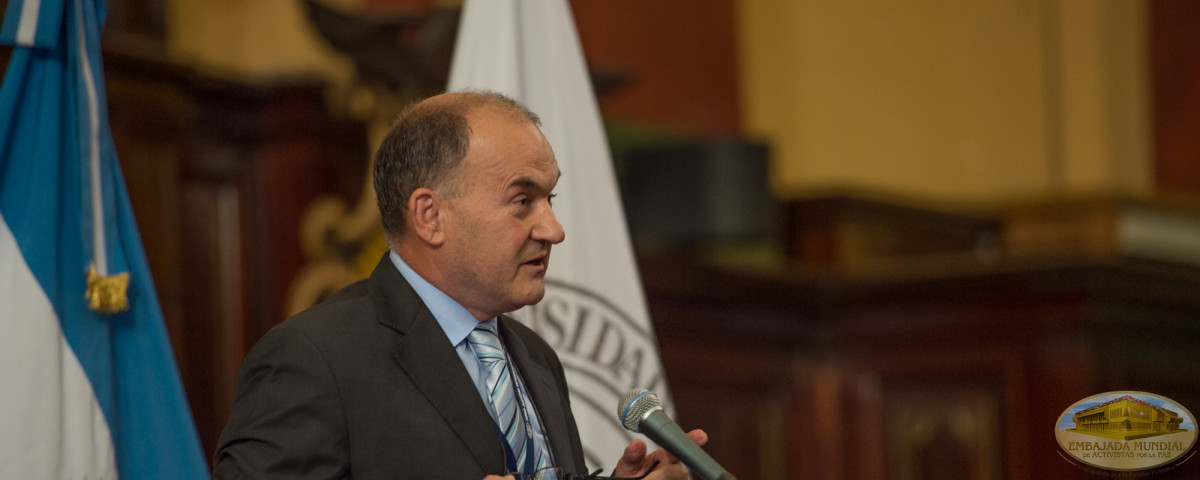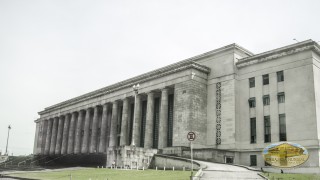Ecuador, Colombia and Bosnia Herzegovina formed the third group of lecturers in Argentina.
Liliana Quiroz, lawyer, teacher and secretary of the Legal Research Institute of the National University of La Matanza in Argentina, was the moderator in charge, after the afternoon recess, as the Second Judicial Forum resumed its program with the third group of multinational speakers, composed of Ecuador, Colombia and Bosnia-Herzegovina: Gladys Edilma Teran Sierra, Camilo Montoya Real and Dr. Mirsad Tokaca.
A lawyer representing their country for the first time during the International Judicial Forums, Judge Gladys Edilma Teran Sierra, Judge of the National Court of Justice of the Republic of Ecuador in the Criminal Division, Military Criminal Police and Criminal and Traffic Labor Hall, brought the lecture: "The crime of genocide in International Criminal Law and Ecuadorian law," in which she stated that genocide is a disaster, but because it is caused by humans it can be avoided. She said she shared the view of Dr. Soto about the power of education, and said that we must be ready to receive all the instruction we can on this type of crime.
"The Latin American Student Movement: a valid response to the genocidal atrocity" was the title under which the promising young Colombian law student, Camilo Montoya Real, representative to the Board of the Law Faculty of the University of Los Andes in Bogota and Director of the Uniandino Committee Discussion Policy, emphasized the importance of redefining and rethinking the crime of genocide, for which he proposed six responses to the atrocity of the crime and urged the nearly 700 attendees to find their own solutions, which will be equally valid.
Among other things, he said that the realization of the student movement requires a culture that enables active participation of young people exercising the rights that citizenship demands. "If young people do not use the law as a legitimate legal response, it allows others to use it for the opposite of that for which it was conceived."
Closing the panel and highlighting the importance of joining all efforts to seek peace, Dr. Mirsad Tokaca, who currently serves as Director of the Research and Documentation Center in Sarajevo, Bosnia - Herzegovina, said in his lecture "Truth, Justice and Memory - the role of facts in postgenicidal environment": “My country was politically removed, but it is in the center of Europe, of civilization. Is civilization what produces fascism, Nazism, genocide?” And he added that "when war ends, it is important to know every detail of the crimes."
Mr. Tokaca is the founder and president of the Research and Documentation Center (RDC), established in 1994, as an organization dedicated to researching the events and victims of the conflict in Bosnia, between 1992 and 1995, "providing easy access and free files, analysis and information gathered through field research, to contribute to the preservation of historical memory(...) free from ideology, every day political influence and discrimination against those involved in the war."


